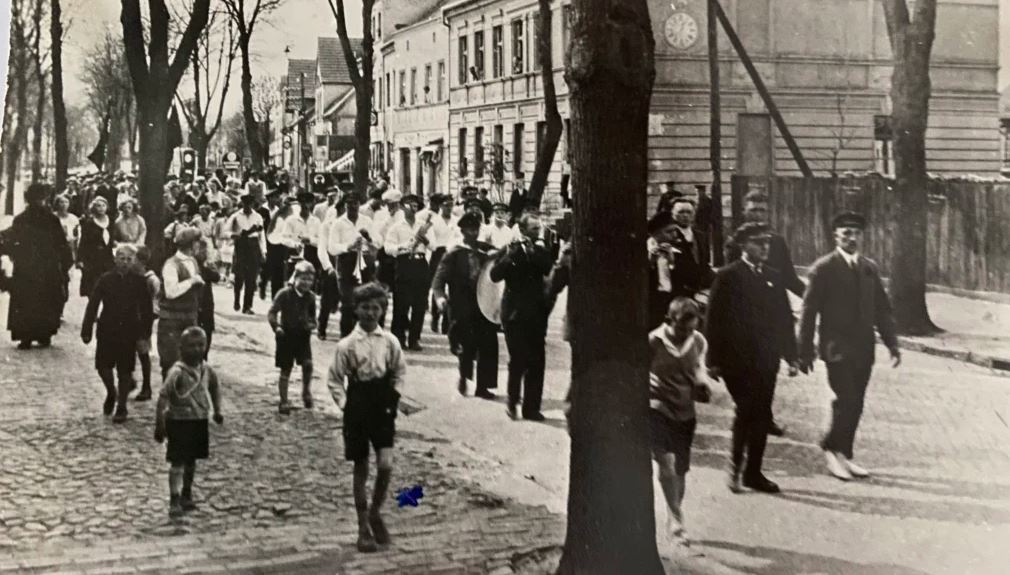In September 1940, some 2542 “enemy aliens” from Britain disembarked HMT Dunera in Melbourne and Sydney. Most were Jewish refugees who had fled Nazi persecution in Germany and Austria. They were interned in camps near Hay and Orange in NSW and Tatura in Victoria.
The ‘Dunera Boys’, as they became known, were released in 1941 and many chose to remain in Australia, making a significant contribution to the nation’s economic, social and cultural life. Henry James was one of the last of the Dunera Boys.
Heinz Jacobius [he later changed his name to Henry James] was born in the village of Halbe 50 kilometres south-east of Berlin on May Day in 1922. His parents Alexander and Pauline Jacobius already had a daughter, Charlotte.
The siblings embraced the outdoors as well as a rich cultural life and enjoyed listening to their mother playing classical music on the piano.
At the age of 10, Heinz was drawn to the May Day march through Halbe. The day honours working people and marks their achievements and rights.
On a family beach holiday in 1933 in Zinnowitz on the Baltic Sea, Heinz was puzzled by the sign: “No Jews Allowed”. The rise of Nazism along with a few acts of kindness from non-Jews in his village began to influence the young Heinz in his appraisal of the complexities of the human race.
Read the obituary by Paula James and Allan Davis in The Sydney Morning Herald.

